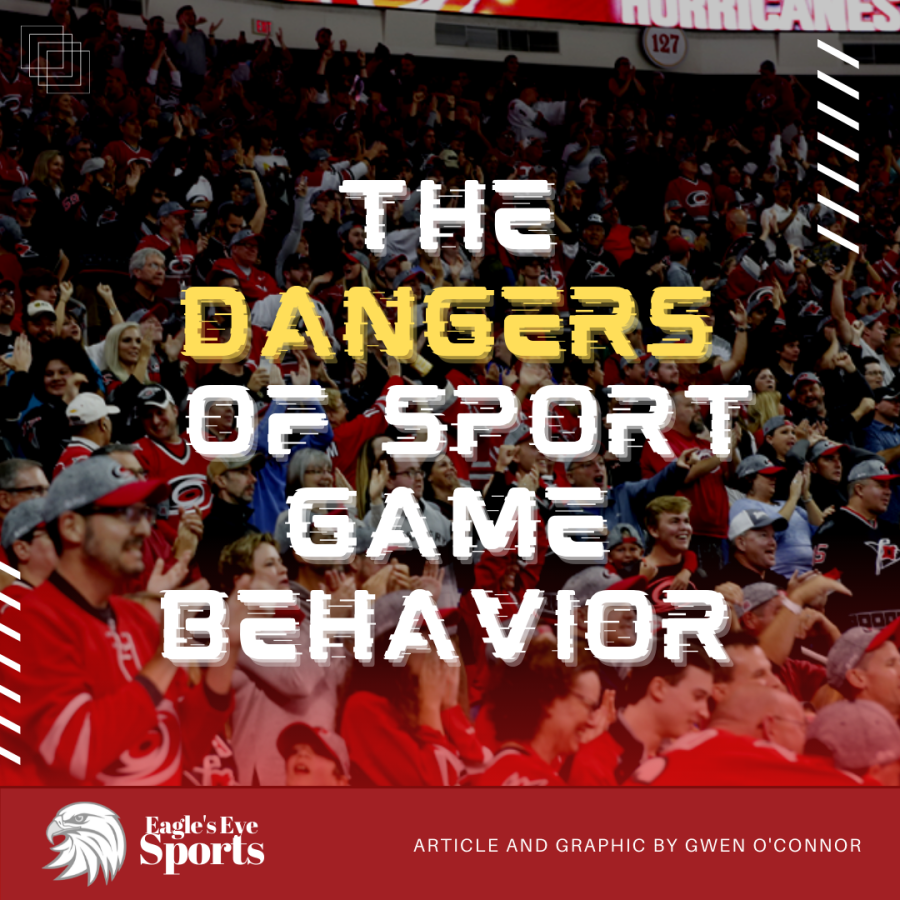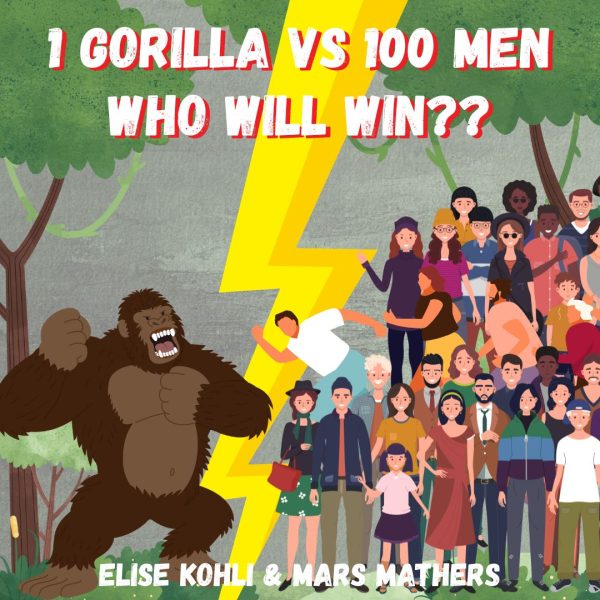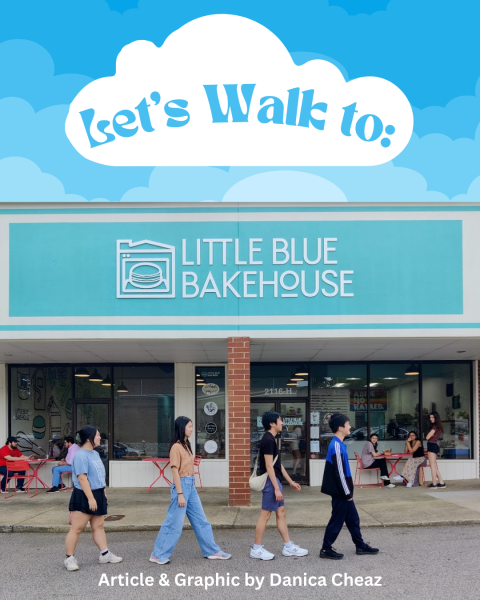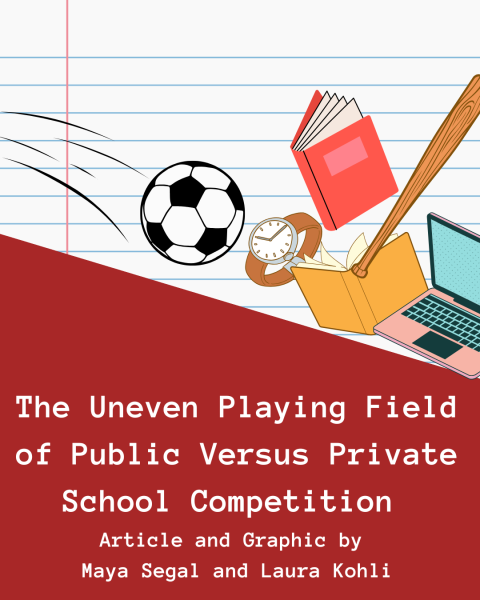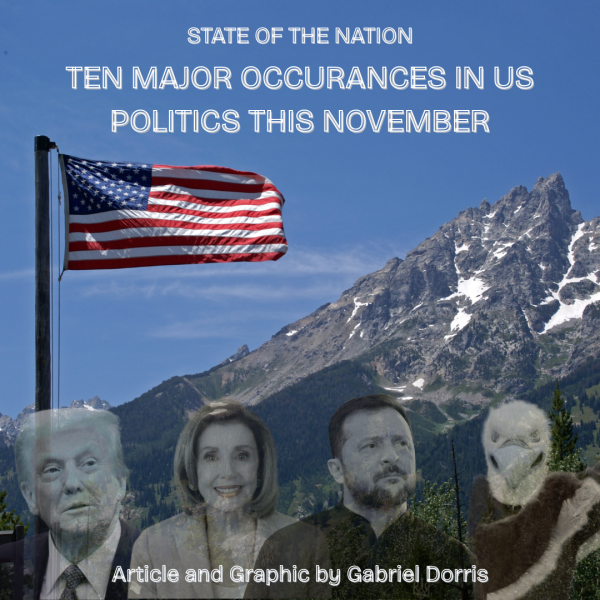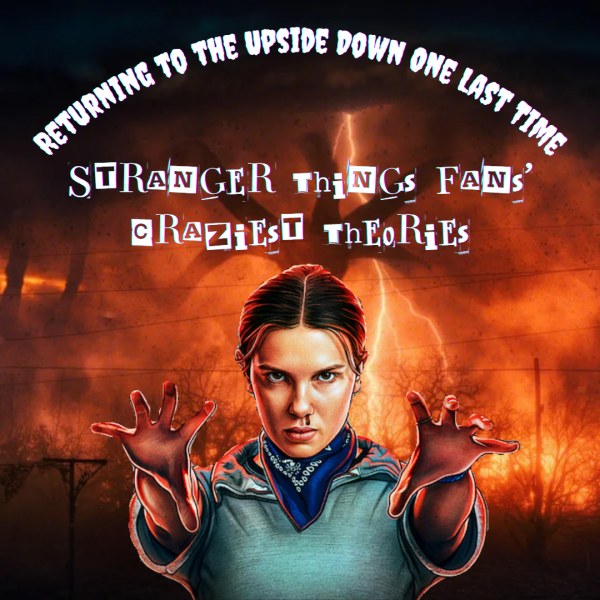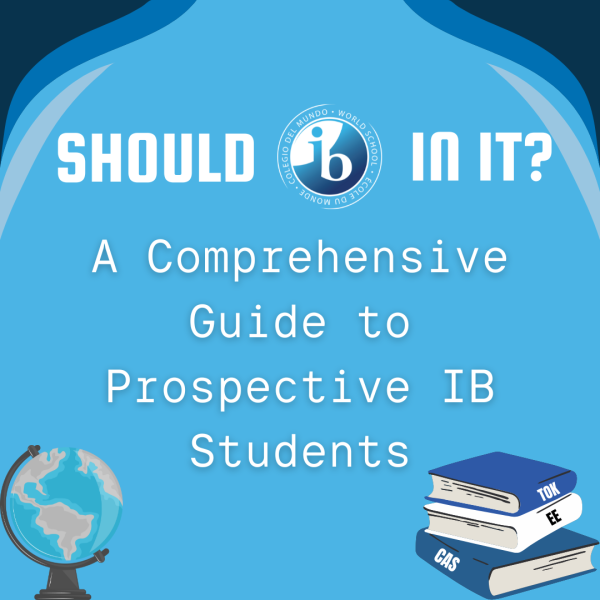The Dangers of Sport Game Behavior
Despite one’s preferences for the viewing experience of a live sports game, the kind of behavior exhibited during these events is common knowledge. From the sea of jerseys matching the home team, to ripping your shirt off to reveal a hairy beer gut when a camera for the jumbotron is pointed your way, to stacks of plastic cups indicating the amount of beer one’s consumed in just the first period, this behavior is one that should not be praised in the heightened volume it is now. Though it may seem cool or a stress reliever to some avid fans to act in these ways, it’s creepy and dangerous to those looking at it from any other perspective. Though the degrees of this expression of passion vary from sport to sport, it’s appalling to comprehend why drunk people (especially middle-aged men) verbally and even physically assault others over 10-12 complete strangers throwing a ball around.
I’ve been going to Carolina Hurricanes hockey games since I was in middle school and never really saw any problems with the behavior I saw, but it wasn’t until I attended the Hurricanes vs. Predators match this past month that I became aware of the dangerous behavior that has become completely normalized. In the first quarter, I heard cacophonous cheers from all around and assumed the Hurricanes scored a goal. I was mistaken. What I believed were joyous, if not highly exaggerated, cheers for the popular team getting a point were actually deafening cheers for a fight that had broken out between four players near the goal after one accidentally tripped another due to momentum. This was not the first fight I had seen break out between players at a game and heard cheering around me, but this was the first time I really thought about the fact that these people were collectively supporting violence over a winning score. In the 2017-18 National Hockey League, or NHL, season, 17.86% of games involved at least one fight. While that might not sound like a lot, that’s 227 games that involved (at least) one instance of fighting. Maybe if people didn’t praise the activity to the degree they do now, it wouldn’t be so frequent.
But as stated before, it’s not just hockey that brings out the worst of sports fans. One of the most controversial days of the year is the Super Bowl. The game serves as a culmination of football, putting the two best NFL teams against one another in a game unlike the other 30+ that happen during the rest of the season. This year, after the Los Angeles Rams won the game, fans took to the streets and were filmed rioting, looting, and inducing violence in the streets of downtown LA, celebrating. One fan was shot due to the riots, another arrested with a handgun, others arrested for daubing graffiti on a moving bus with passengers still inside, and others letting fireworks off in the middle of the streets — And that was because they won the game.
Now try and think about what would’ve happened if the Rams lost. It isn’t just the local cities that need to worry about violence following the outcome. On the day of the 2018 Super Bowl, the Los Angeles Police Department reported an 8% increase in domestic violence reports than an average Sunday and a 32% increase in reports for an average day. One 2011 study from Oxford Academic showed that upset losses lead to a 10% increase in the rate of at-home violence.
With massive crowds and an influx of wealthy individuals coming to the Super Bowl, there’s also an increase in reports of trafficking and coercion in relation to the weekend of the game. In Florida (which currently ranks third in the US for human trafficking rates), Dr. Christine Cauffield, the CEO of LSF Health Systems stated that 10,000 girls and women were victims of human trafficking during the 2020 Super Bowl. In the 2014 New Jersey Super Bowl, more than 50 women and 16 juveniles who were forced into prostitution for 2 weeks leading up to the game were rescued.
Having such a high level of passion for something like watching live sports isn’t a bad thing, but it can get ugly quickly when something doesn’t exactly go your way. Obviously, it’s difficult to be ecstatic when a group of men you have almost no remote connection to loses to another group of men you have almost no remote connection to. But that doesn’t mean it permits you to go out of your way to make the viewing experience worse for those around you, or even dangerous. Like the players at the end of every game, shake hands, say “good game” to those around you (despite the colors they’ve donned for the night), and move on.
Your donation will support the student journalists of Enloe Magnet High School, allowing us to cover our annual website costs. We are extremely grateful for any contribution, big or small!

(She/her)
Gwen is over-the-moon to be back in school for her senior year, and to be Co-Editor in Chief of the Eagle's Eye! Her favorite topics to write...


